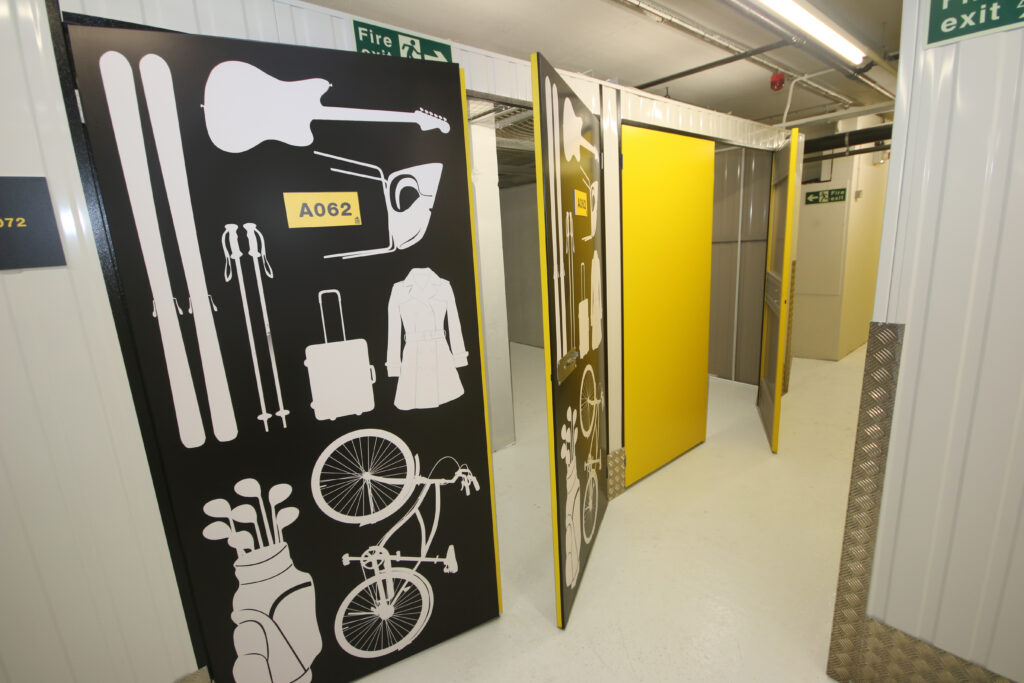What age do you start and finish University?
Going to university is something that many students look forward to, it’s their first shot at independence and the first time that they will move out of their family home. It’s an exciting time and if you are reading this then you are probably looking to start university soon.
At what age do you start and finish university?
Typically you leave school or college at 18 and start and finish university at 21. There are exceptions to this, such as if you were to take a gap year or work in industry for a year. Also, your course will determine how long you are at university. Becoming a doctor or a dentist for example will take longer than studying a PGC to become a teacher.
What age do students start University?

Students typically start university aged 18 years old. There are exceptions to this which we will cover below but on average students attend university just after their 18th birthday. Students need to be 18 years old so they can enter into legal contracts with the University and other organisations such as student finance to cover their tuition fees.
Students will either have left high school where they would have studied their A-Levels or have gone to college and studied a BTEC to get the entry requirements for the university. As a university student studying at higher education level, there is no upper limit to the age requirement.
Students over the age of 21 are referred to as a mature student. This applies to an international student as well as domestic students.
Adult learners don’t have to feel nervous studying with younger students as there will be a mix of ages on your course. From personal experience, during my time of studying at university we had a wide range of ages from students on our course. The youngest were 18 years old and the oldest in their 30’s and 40’s.
As a young person the course you choose will determine the ages of people on the course too. Areas such as nursing that attracts a diverse range of applicants will see all kinds of ages. While the average age of starting university is 18, everyone from 18 years old to 50 years and sometimes older can and will study at university.
Students of the open university may also be older.
What age do students finish University?

Typically students finish University when they are 21 years old. However, there are exceptions to this rule. Students who take gap years, go on additional work experience or study in industry or even the course you take can prolong the time you spend at university.
Students studying to become a doctor for example would spend longer in university and leave at an older age compared to a student who is studying for a graphic design degree or a computer science degree. If you consider postgraduate study too pupils can extend their admission at university for many more years.
For many pupils, studying at university for 3 years is more than enough and by that time you may be ready to jump into the real world and start working in the career of your choice.
Some University students will go on to postgraduate studies and study for their masters or doctorate. This will increase the time they spend at university. However, most graduates will be happy to finish their area of study especially if they found writing their dissertation hard.
Studying at university is great, but getting a job in your field is rewarding too and most graduates that I have spoken to indicate that they didn’t really begin learning until they were on the job.
Can you go to university at 16 UK?

You can not go to university at 16 in the UK under normal circumstances.
Some universities may waive this rule if you are an exceptional student but generally speaking, you won’t be allowed to do so as you are seen as a child at 16 years old. Being a child means that you can’t sign legally binding contracts with the university and external companies such as student finance to cover your tuition fees.
If you are an exceptional student and believe you are ready for university at 16 years old then our advice would be to contact the university directly. They will be able to advise you on the best course of action.
Moving to University

leaving your home for the first time can be a frightening yet exciting time and you will love it at university, but before you move into the halls or find accommodation you should do your research to what you will need to take to university, what you should leave at home and what you should do with your items when the year ends and you go into your second year or third.
Many students, especially those who move across the country to go to university find that carrying all of their belongings back and forth every time the term or year ends is a pain. What many students do is invest in student self storage. Student storage is a convenient and cheap way of storing your personal items without having to carry them around the country every time the term ends.
When you finish your 1st year in Uni you may move out of halls and will need to find your own accommodation. Doing so takes time and instead of rushing, self storage allows you to store your personal goods while keeping them safe. You can keep the storage unit until you are ready to move into your 2nd year accommodation.

What we have found is that students who use our storage continue to use it during the academic year too. Some larger books that are no longer needed can be stored away until either you need them again or until you go home. This stops your student room from being cluttered giving you more room to study and relax.
At Urban Locker we have excellent deals for students and whether you are studying for an undergraduate degree, a higher national diploma or any other qualifications we can help. We have student storage solutions in central London, East London, Hackney and more.
If you need help with storage and don’t know how much you need, or want to know the closest storage unit to your university please get in touch. One of our members of staff will be happy to talk to you about your needs and they will be able to recommend the best option for you.
If you are starting University this year, whatever your age, be sure to work hard and enjoy it. University can be an amazing experience and we wish you all the best in your degree programme.